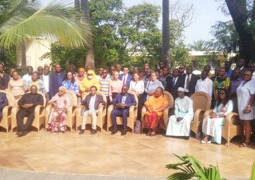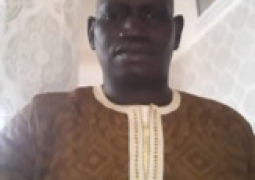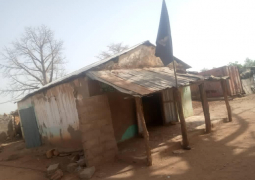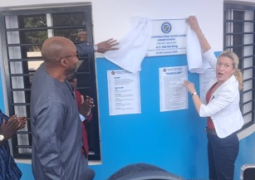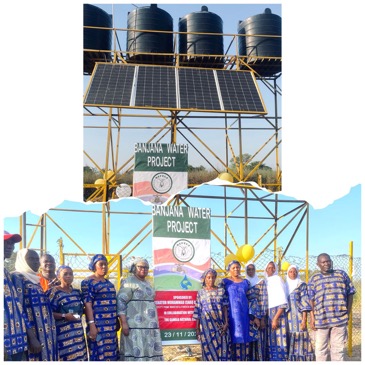
The project, sponsored by the Deputy Prime Minister and Foreign Minister of Pakistan, came as a great relief to the people of this community, who now look forward to creating a sustainable life for their respective families.
Moreover, the gesture, according to them, would also address the hard drudgery most women go through in the area in accessing drinking water, thus allowing them to improve their status.
In her inaugural statement, Mayor Rohey Malick Lowe while expressing gratitude to Prime Minister Mohammad Ishaq Dar and family for their generous support, outlined the importance of involving women in leadership, particularly at the grassroots level.
“Women should always be considered when it comes to leadership positions, especially women at the local level. Women struggle daily to secure a bucket of water to sustain themselves and empower their families. As members of Rafela, we firmly believe that every woman should be empowered.”
Mayoress Lowe renewed her commitment to ensuring that every village has access to water, describing this effort as part of complementing the government’s agenda.
This project, she said, is part of a broader goal of achieving the Sustainable Development Goals (SDGs).
“We want The Gambia to stand out and proudly say that we have sustained the SDGs, including empowering women.”
Amie Colley, National Assembly Member for Foni Brefet, while pouring praises on Mayoress Lowe for her leadership in this initiative, recalled that the women in Banjana have historically faced immense challenges in accessing clean water.
“For years, the women of Banjana have relied on digging their own wells, often contributing money to pay men to do the work for them. These wells were sub-standard, and animals sometimes fell into them.”
The new borehole, according to her, comes as a great relief and will inspire women of Banjana to work harder while improving their livelihoods.
“This borehole will not only reduce the physical burden, but also allow the women to focus on creating a sustainable life for their families.”
In their own testimonies, the women of Banjana expressed gratitude for the initiative, highlighting how access to clean and reliable water would transform their daily lives.
This new borehole, they testified, would now allow them to dedicate more time to other productive activities, such as farming, trading, and supporting their children’s education.


